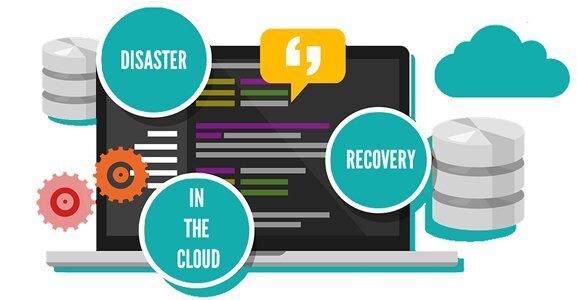Business Continuity Management (BCM) is a critical process that unfortunately few firms have implemented. However, due to contemporary needs, many CEOs and management teams are wishing they had, and are now seeing the need of putting such processes in place.
Within Business Continuity Management, firms can defend themselves against, manage through, and swiftly resume after a cyberattacks, data breach, unanticipated IT outage, and interruption of utility supplies, harsh weather, global economic shutdown, and other catastrophes.
In the next essay, we will examine what BCM is, why it is used, and best practice tactics to help your business better understand how it works and how to establish such systems.
An Overview of BCM
Business continuity is the desired outcome of successful implementation of Business continuity and Disaster recovery, according to Wikipedia. It's the reward for purchasing spare workstations and servers on a budget, performing backups and storing them off-site, delegating responsibilities, conducting drills, educating staff, and remaining alert.” Fundamentally, adding the word “management” to “business continuity” signifies a company's ability to plan and execute changes in operational environments through the use of frameworks for pre-identified risks.
Following a series of unpredictable occurrences, creating well-structured tools and documentation for operations, as well as continuously updating such plans, can considerably rescue your organization's future. Employee education in remote systems and the capacity for employees to seamlessly transition from working in an office environment to working from home is a current example of such management. Providing the technology and services required to conduct operations from a remote location gave many firms the edge in the current pandemic of 2019-2020.
Why Use BCM
The Disaster Recovery Preparedness Council recently reported that continuity and recovery are often considered as a second consideration by more than 34% of firms worldwide, after IT security, quality management, and environmental management. According to several experts and research, after a crisis, 75 percent of firms that do not have a BCM system in place fail within three years. Yes, you are correct. Without a structure in place, the chances of a company surviving and bouncing back are slim to none. So, why aren't continuity and resilience on their radar?
When times are tough, it's common for firms to overlook or minimize the relevance of such actions since they're perceived as an investment in something that can't be seen or is unlikely to happen. However, given the number of possible dangers out there, having a business continuity plan in place could help your company recover from things like:
· Failure of a business that is not recoverable
· Serious emergencies that result in harm or death
· Income and net worth loss
· Reaction to a crisis that has a negative impact on your brand success
· Inability to operate due to application failure or shutdown
Whether you're a small company or a large corporation, the goal is to be competitive at all times, especially in the face of adversity, and BCM can help you do just that.
The Difference between BCM Frameworks and BCM Planning
Planning and frameworks are technical terms for understanding or identifying potential risks as well as knowing your organization's ability to recover before a disaster occurs. Planning is a clear and defined structure to follow during uncontrollable events, while frameworks are a clear and defined structure to follow during uncontrollable events. Frameworks are important for stated strategies because they allow scopes, key members, and steps to be understood ahead of time and taken at a moment's notice. The most important thing is to have a clear reaction in order to keep operations running smoothly.






